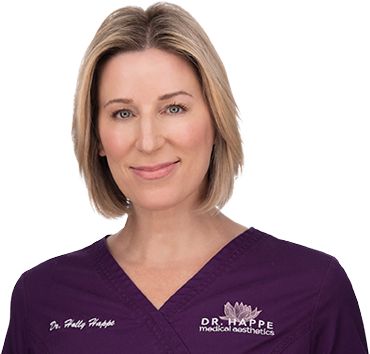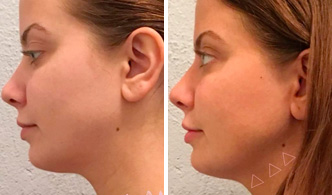What Causes Facial Skin to Lose Elasticity?
Skin rejuvenation treatments that utilize radiofrequency, such as Opus Plasma® at our Newton-based office, have become increasingly popular for many reasons. For one thing, they not only enhance the surface of the skin, but they also encourage production of proteins that provide structure and elasticity. As fat, bone, and muscle recede over time, overlying skin that has lost its elasticity essentially can’t keep up with the “shrinking” foundation. Think of it like a table getting smaller and smaller, while the tablecloth on top stays the same size.
Even though it may not be possible to fully avoid changes as your skin ages, lifestyle adjustments can be made to prevent or delay the loss of elasticity. More resilient skin can better compensate for changes to the structures below. With this in mind, read on to learn about some of the most common causes of skin changes on the eyelids, cheeks, and other areas of the face.
Sun Damage
Too much exposure to the sun not only causes hyperpigmentation (spots or blotchy areas that are darker than the surrounding skin), but is also one of the environmental hazards that causes some of the most damage to skin elasticity. UV rays penetrate the layers of skin and cause the breakdown of collagen and elastin fibers so that the skin can no longer snap back into position as easily after it’s been stretched out of place.
Decline in Hyaluronic Acid
Hyaluronic acid is often used as an ingredient in skin care products because it’s a humectant, meaning that it helps the skin retain moisture. Your skin naturally contains its own hyaluronic acid, which helps to regulate moisture and keeps your skin supple. As older skin becomes drier and produces less hyaluronic acid, your skin also loses some elasticity.
Gravity
When skin is thinner and not as firm as it once was, the force of gravity causes it to sag, pulling down on eyebrows and causing other changes to formerly tight, firm, and elevated facial contours. Gravity also pulls down on other tissues, such as fat, which can form jowls as it migrates.
In addition to gravity and sun damage, other environmental stressors—such as smoking, and pollution—also damage vital proteins in the skin and speed up aging.
Opus Plasma® treatments to address these changes, no matter their cause, can typically be completed in less than an hour, require little recovery time, create subtle and natural-looking improvements in the skin as collagen and elastin production gradually increase, can be used on the skin on most areas of the body, and treat all kinds of common skin imperfections, including acne scars and mild laxity.
To find out more about skin laxity and fractional radiofrequency treatments with Opus Plasma®, contact Dr. Happe Medical Aesthetics. Call us at (617) 597-2600, or fill out a contact form to request a consultation.




